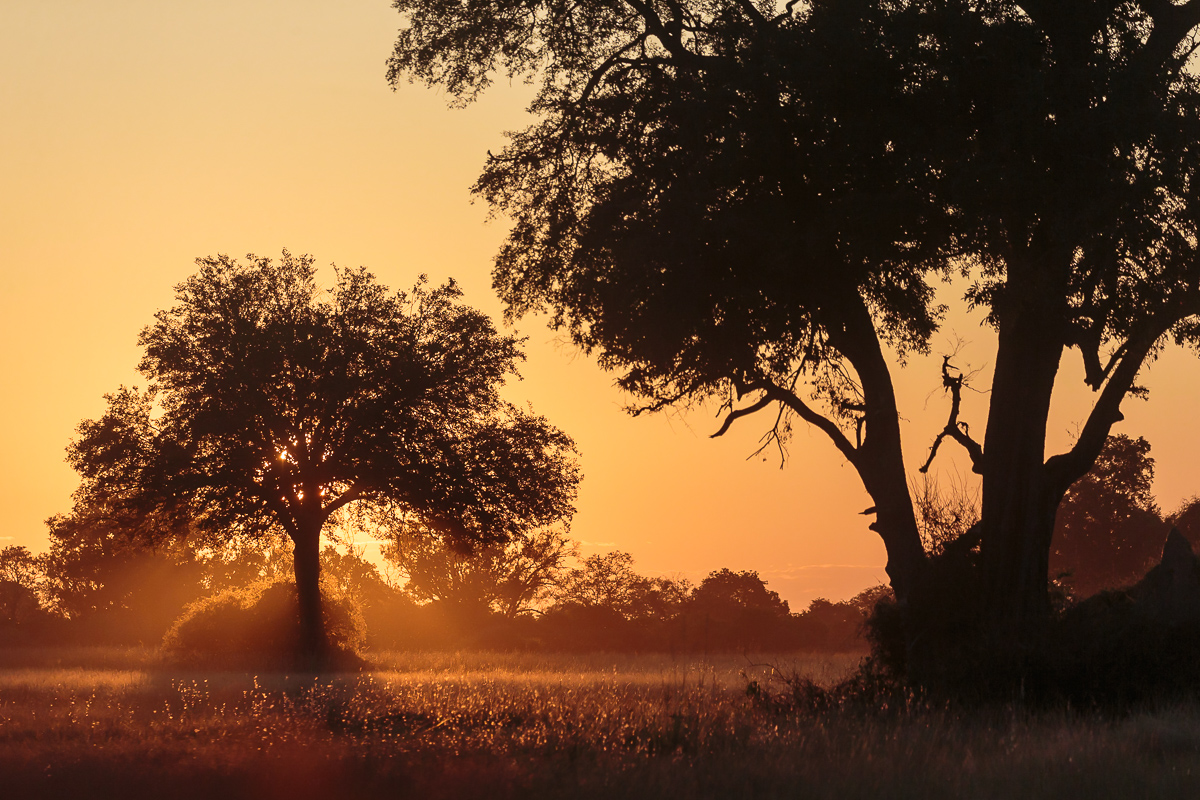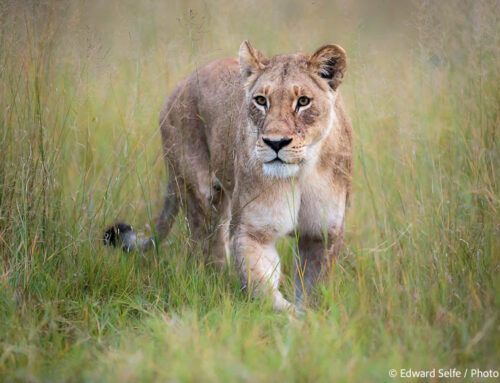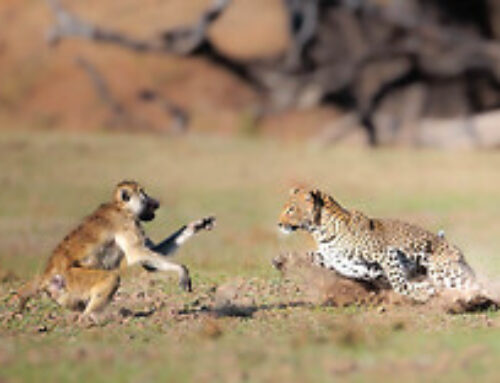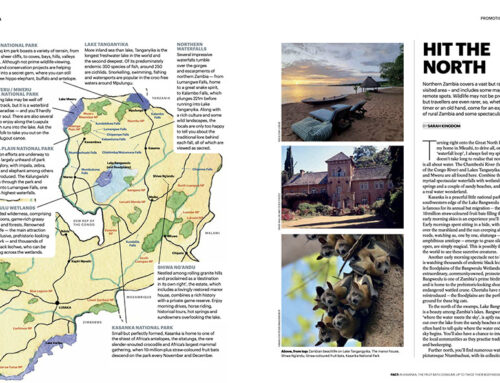There will be few people on Earth who have avoided the impact of COVID-19 in some way; families, businesses, stock markets and governments have been affected by the disease as it has swept across the world. The speed with which is has infected nearly every country has been horrifying, and there is no clear end in sight.
Travellers have been particularly hard hit. Responding to the spread of infection, governments have implemented regional or nationwide lock-downs on the movement of people, especially those from high-risk areas. Some of the countries that have imposed restrictions are in Southern Africa and include destinations where I run photographic safaris.
There is a lot of information on the web about the details of what exact restrictions each country has implemented, and these are changing every day, so this advisory note does not attempt to address that. This is intended as guidance for those guests who have booked safaris with me in 2020, 2021 or 2022, and/or who are considering booking a future safari.
As would be expected from the very service-orientated camps that I work with, the operators are being very flexible and helpful in a difficult situation. While trying to balance commitments to their staff, they are working hard to meet guests’ requirements in an ever-changing global situation. I’m so grateful to them, and to Emma Seaman from People & Places in Lusaka for incredible support.
Naturally, guests are worried about their upcoming trips, so this advisory note aims to explain the framework which we are applying to future trips and what you can expect from us in the next few months.
We are assessing upcoming trips month-by-month and deciding whether they can go ahead, or whether we need to look at options to cancel or to postpone. Most camps are agreed that cancelling a trip will incur the usual charges and loss of deposits, but all camps are offering options to postpone trips to a future date with no penalty charges.
While delaying a 2020 trip to 2021 is far from ideal, it is a better option than losing the value of the trip entirely. As such, I recommend it as the best solution for my guests. The exact terms of each camp are different, but a general indicator is as follows: camps will allow postponement to a future date so long as this decision is made at least 30 days before the arrival date. The new dates must be agreed at the time of deferral and must be in the same rates season as the existing dates, or surcharges will apply. Full payment will likely be required 8 weeks in advance of the original dates.
I have already postponed all my April & May 2020 tours to equivalent dates in 2021. I am watching the situation and will soon decide whether to do the same with June & July’s tours. I am very keen that no guest is left with “no option but to cancel”, so I am working actively with the camps to get the best arrangement possible, but I’m also very grateful to my guests for their understanding in a very tricky time.
I see the draconian measures that are being implemented across the world as positive steps towards bringing the crisis to an early close. I hope that the situation will normalise before the end of this safari season and that some of 2020’s tours will be able to go ahead. However, if things deteriorate further, guests can be assured of our commitment to arranging the best alternative for their trips.
Guests are welcome to contact me at any time to discuss their upcoming trip, else I will be in touch in advance of any decisions that have to be made regarding postponement or cancellation.
Wishing you all the best, and stay safe, Edward




